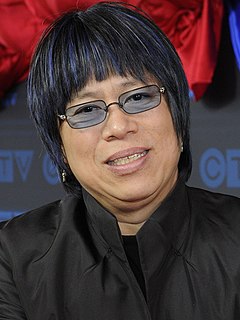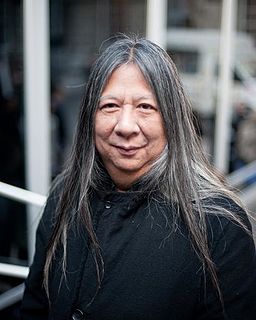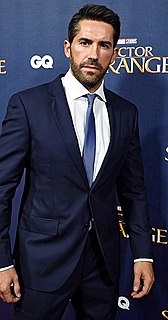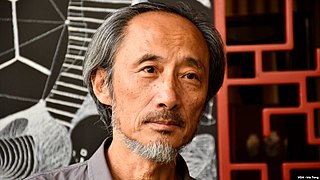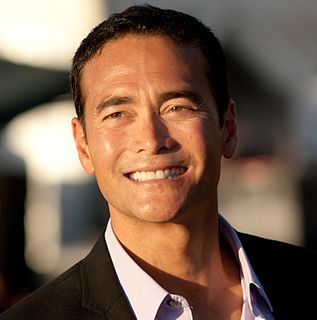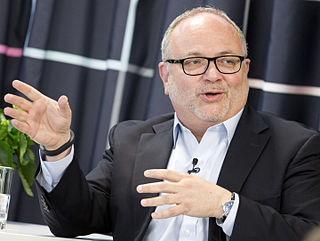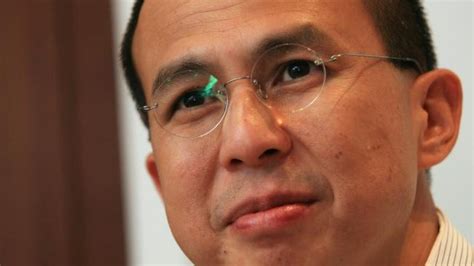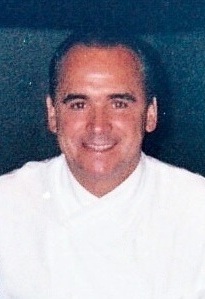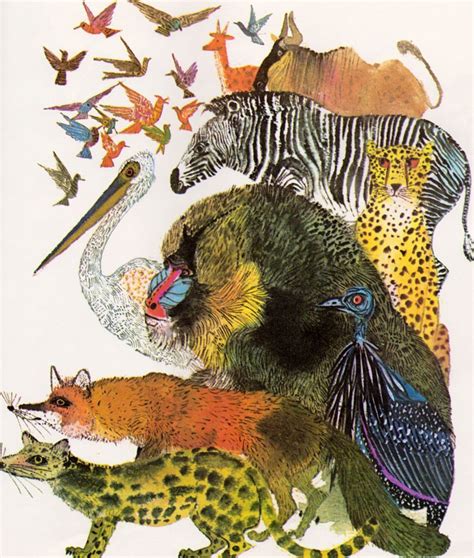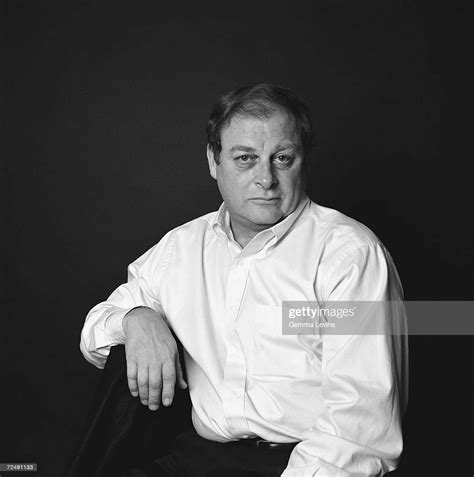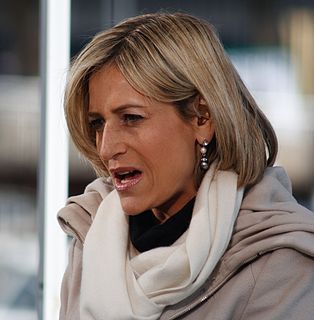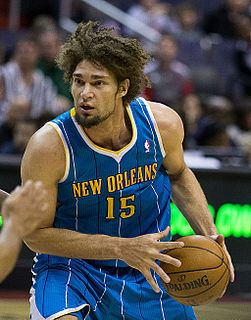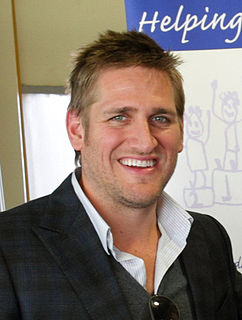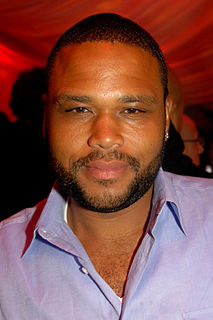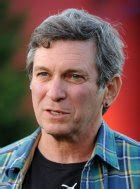Top 447 Hong Kong Quotes & Sayings - Page 5
Explore popular Hong Kong quotes.
Last updated on April 20, 2025.
Every case involving cybercrime that I've been involved in, I've never found a master criminal sitting somewhere in Russia or Hong Kong or Beijing. It always ends up that somebody at the company did something they weren't supposed to do. They read an email, went to a website they weren't supposed to.
People in both parties from the congressional intelligence committees - all these co-opted officials who play cheerleader for spy agencies - go on these Sunday shows and they say: "Snowden was a traitor. He works against Americans. He works for the Chinese. Oh, wait, he left Hong Kong - he works for the Russians."
After the Tiananmen Massacre, I felt compelled not only to continue writing but to actively resist the restrictions placed on freedom of speech. I set up the publishing company in Hong Kong, with offices in Shenzhen in mainland China, and managed to publish works of fiction, philosophy, and politics by unapproved authors.
We are the first atheistic and global, all-embracing civilization. You cannot tell whether you are sitting at an airport in Hong Kong or in a hotel in Alaska. Everything is instrumentalized, subjected to a short-term purpose. It is quite possible that in such a situation any sense of a deeper meaning gets lost.
I've been round Japan, Hong Kong, Korea, and China in the last few months and the message that I've been taking is that New Zealand is building an up market dynamic into a connected economy. And that we are not the old-fashioned, ship mutton kind of product the people associate their export in work.






